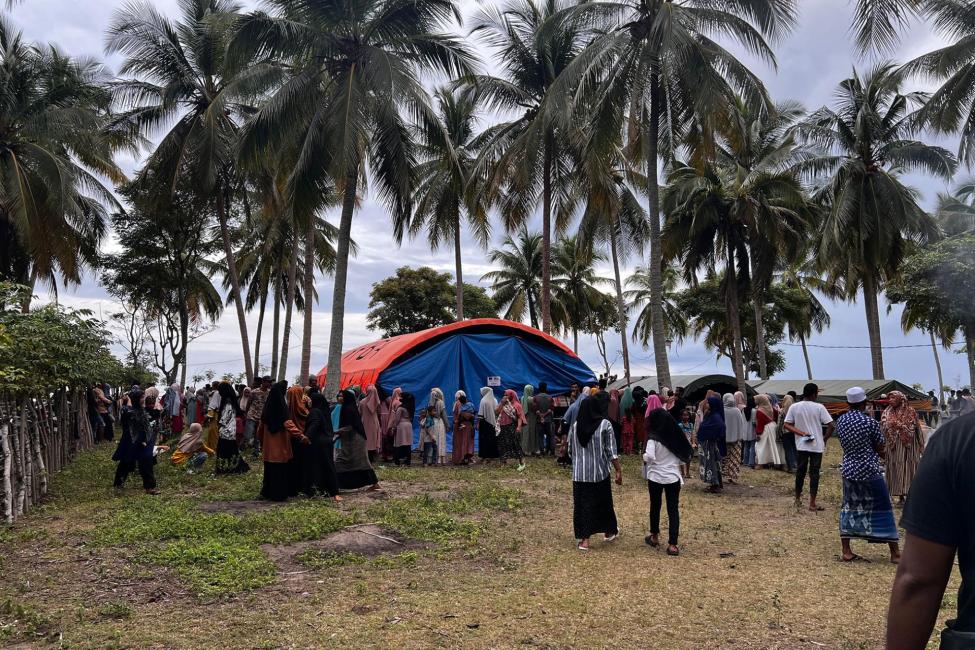-
Who we are
WHO WE AREThe International Organization for Migration (IOM) is part of the United Nations System as the leading inter-governmental organization promoting since 1951 humane and orderly migration for the benefit of all, with 175 member states and a presence in over 100 countries. IOM joined the United Nations system in September 2016.
About
About
IOM Global
IOM Global
-
Our Work
Our WorkAs the leading inter-governmental organization promoting humane and orderly migration, IOM plays a key role to support the achievement of the 2030 Agenda through different areas of intervention that connect both humanitarian assistance and sustainable development.
Cross-cutting (Global)
Cross-cutting (Global)
- Data and Resources
- Take Action
- 2030 Agenda
IOM Welcomes Guinea’s First Ever Migration Governance Framework
Conakry – The Republic of Guinea, through the Ministry of Foreign Affairs, African Integration and Guineans Abroad, in collaboration with the International Organization for Migration (IOM), have established the first ever National Consultation Framework on Migration in Conakry.
The Framework aims to ensure the full and effective implementation towards the creation of a comprehensive and coordinated system for better migration governance of the National Migration Policy (NMP) endorsed in 2021. It is the designated platform for managing migration governance and brings together key governmental and non-governmental actors involved.
“Aligning the country’s migration policy with international standards, such as the Global Compact for Safe, Orderly and Regular Migration and the Global Compact for Refugees, as well as with IOM’s Migration Governance Framework ensures effective migration governance that protects migrants’ rights.” Said Ms Ana Fonseca, IOM Chief of Mission in Guinea, commended the Government’s commitment and prioritization of migration.
Dr Morissanda Kouyaté, The Minister of Foreign Affairs, African Integration and Guineans Abroad highlighted that the establishment of the National Consultation Framework on Migration stems from the Government’s desire to include “among its priorities job creation for young people and women, as well as engagement of the diaspora in the country’s economic and social development process.”
Guinea is a country that serves as both a source, destination, and transit point for migrants, with intra-regional migration being the most common. Within the country, various factors, such as recurrent political instability, economic, social, or health crises, and a lack of employment or training opportunities, have largely contributed to the migration. The transitional regime aims to expedite the implementation of the National Migration Policy, which involves all ministries and civil society, with hopes of greater involvement from the Guinean diaspora in the country's socio-economic development, in terms of both human and financial resources.
IOM provided technical and financial support to the Government in this project through the transitional phase of the “EU-IOM Joint Initiative for Migrant Protection and Reintegration and Strengthening Migration Governance.”
For more information, please contact:
Lucas CHANDELLIER, Media and Communications Officer. Email: lchandellier@iom.int.

